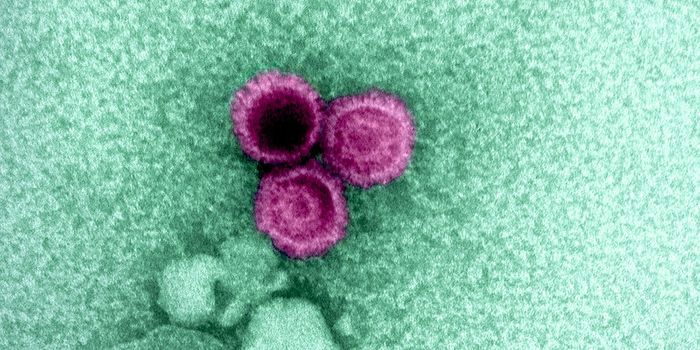Testosterone Makes A Difference When It Comes to Multiple Sclerosis
High levels of testosterone in men is part of the reason that they are less likely than women to develop multiple sclerosis (MS), an autoimmune disease that affects the brain and spinal cord. From Northwestern University, scientists studied MS in mice to uncover the protective effect of testosterone. Using a testosterone booster may help as a line of defense against the disease.
In MS, T cells of the immune system attack the myelin sheath, a protective layer of insulation that surrounds nerve fibers in the central nervous system, which includes the brain and spinal cord. Nerve impulses without proper insulation are disrupted while traveling to and from the brain and spinal cord, producing symptoms that range from mild to severe. Fatigue, numbness or tingling, walking difficulty, muscle spasms, vision problems, bladder problems, cognitive changes, and depression are just a few of the symptoms that commonly affect people with MS.
MS primarily occurs in two different forms. The first, relapsing-remitting MS, is the most common course of MS, characterized by periods of MS symptoms followed by periods of recovery. The second, primary progressive is a type of MS that gets worse over time without periods of recovery.
Experts estimate that 400,000 people in the United States and 2.5 million people across the globe are affected by MS. The exact cause is still unknown, but it is believed to be a combination of genetics and environment influences. Women are three or four times more likely than men to have MS, tend to develop MS earlier, and are more likely to have the relapsing-remitting form of the disease. Men are more likely to develop primary progressive form of the disease, which scientists associate with a natural reduction of testosterone levels that occurs with age.
In the Northwestern University study, researchers used a mouse model of MS, which is similar to how MS affects humans. They found that testosterone triggers the production of a “guardian molecule,” cytokine IL-33. IL-33 activates several other chemicals that prevent Th17 cells from attacking the myelin sheath. In the study, researchers successfully relieved female mice of their MS symptoms when treated with IL-33.
"Because testosterone levels are seven-to-eight times lower in adult women compared to men, we speculate there are insufficient levels in females to activate this protective pathway," explained lead study author Melissa Brown. "But we showed we can activate the pathway with the guardian molecule, IL-33."
Existing therapies for MS often involve suppressing the immune system, which might diminish the autoimmune attack on the myelin sheath but can also leave MS patients vulnerable to infections.
"This suggests a mechanism for the reduced incidence of multiple sclerosis and other autoimmune diseases in males compared to females," Brown said. "These findings could lead to an entirely new kind of therapy for MS, which we greatly need."
The present study was published in the journal Proceedings of the National Academy of Sciences.
Sources: Discovery MS, National Multiple Sclerosis Society, Northwestern University









